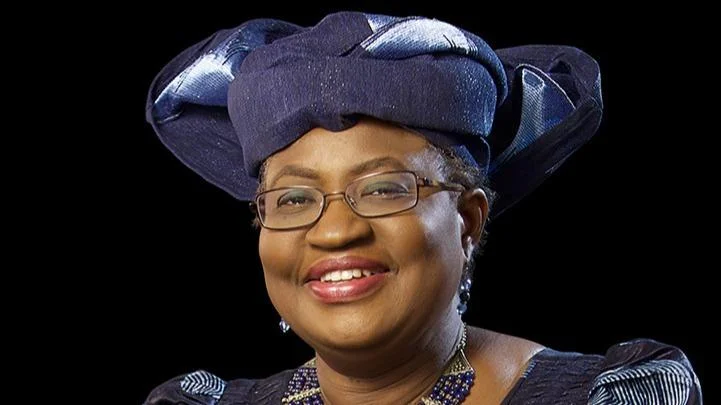DDG Ellard has highlighted the critical role of trade policies in facilitating a transition to clean energy. She pointed out that these policies can reduce costs, decarbonize supply chains, harmonize standards, and redirect subsidies towards sustainability. This approach aims to create economic opportunities in emerging low-carbon markets.
One challenge identified by DDG Ellard is the disparity in tariffs that currently favor high-carbon goods over renewable energy equipment. For example, while crude oil and coal face minimal tariffs, renewable technologies can incur duties as high as 12%. Reassessing these tariffs could improve the competitiveness of renewable energy.
Another issue is the existence of 73 different carbon pricing schemes globally, which increase compliance costs and threaten climate objectives. Trade policies could facilitate greater interoperability and collaboration on carbon pricing frameworks to alleviate trade tensions.
Ellard emphasized redirecting harmful subsidies towards beneficial objectives. Government support for fossil fuels exceeded USD 1.4 trillion in 2022. "By reallocating these funds to nature-positive initiatives, we can stimulate innovation and significantly reduce emissions," she stated. The Agreement on Fisheries Subsidies serves as a blueprint for future environmental sustainability efforts.
She noted that developing economies with abundant renewable resources stand to benefit from targeted trade policy actions. These include aligning standards and implementing green procurement practices to establish stable frameworks that reduce capital costs for large-scale projects.
Ellard also mentioned the importance of a solid investment climate in developing economies to attract financing for sustainable projects. More than two-thirds of WTO members have concluded the Investment Facilitation for Development Agreement, aimed at streamlining investment procedures.
Looking ahead to COP29, Ellard emphasized integrating climate finance, investment, and trade. The WTO Secretariat plans to co-host a Trade Day during COP29 to highlight this intersection. In preparation for previous conferences, they issued "Trade Policy Tools for Climate Action" and presented a joint report with IRENA on "International Trade in Green Hydrogen."
Additionally, Ellard discussed the WTO's collaboration in the steel sector leading to Steel Standards Principles endorsed by over 40 organizations. The WTO is examining trade's role in addressing demand for critical minerals related to energy supply chains.
In conclusion, DDG Ellard stressed that a sustainable clean energy transition is both an environmental necessity and an economic opportunity achievable through collaboration. "The WTO Secretariat remains committed to supporting WTO members in creating a global trade environment that leverages trade tools to achieve sustainable environmental goals," she said.

